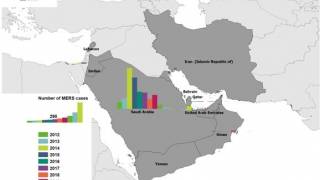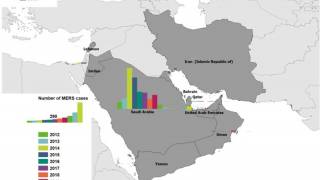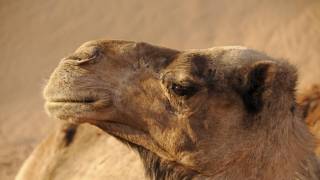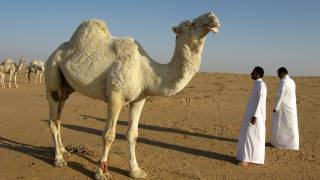Riding Camels Becomes Safer

The World Health Organization (WHO) recently announced the continued reduction of a rare disease released to camels.
Middle East respiratory syndrome (MERS) is a viral respiratory infection caused by a coronavirus called Middle East respiratory syndrome coronavirus (MERS-CoV).
Approximately 36% of patients with MERS have died, but this may be an overestimate of the actual mortality rate.
Humans are infected with MERS-CoV from direct or indirect contact with dromedary camels, the virus's natural host, and zoonotic source.
From late December 2021 to October 31, 2022, four non-health-care, laboratory-confirmed cases of Middle East respiratory syndrome coronavirus (MERS-CoV) were reported by the Ministry of Health of the Kingdom of Saudi Arabia.
Three of the cases had a history of contact with dromedary camels and consumption of their raw milk in the two weeks before the onset of MERS symptoms.
Three of the cases were male, and no related fatalities were reported.
The household contacts for these four cases were followed-up by the Ministry of Health, and no secondary cases were identified.
Since the first report of MERS-CoV in 2012, about 2,600 cases with 935 associated fatalities have been reported from 27 countries in all six WHO regions.
Most MERS-CoV cases (n=2193; 84%) have been reported from the Kingdom of Saudi Arabia.
The WHO does not advise special screening at points of entry regarding, nor does it currently recommend, the application of any travel or trade restrictions.
As of November 18, 2022, no U.S. FDA-approved MERS-CoV vaccine exists.
Our Trust Standards: Medical Advisory Committee























